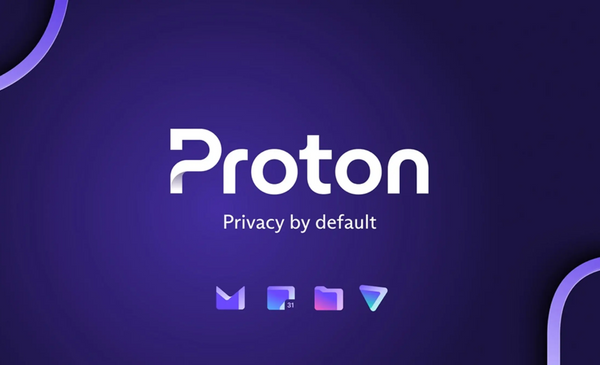Swiss firm Proton, creators of many privacy-oriented web products, has released an encrypted cloud storage app for mobile devices.
Proton, founded in 2014, is best known for its encrypted email service, Proton Mail, but it has since expanded into other areas, such as virtual private networks (VPNs) and attempts to replicate other Google services with a focus on privacy, such as its calendar, which debuted on the web in 2020 and made its way to mobile devices this year. After a lengthy trial phase, Proton’s cloud storage service launched in September on the web and is now being rolled out for Android and iOS.
Zero-knowledge
In particular, Proton Drive stands out since it is a zero-knowledge encrypted cloud storage and file-sharing service. This means that no one outside the sender and the receiver may intercept any data at any point in the process. This sets Proton Drive up for success in a market already populated by heavy hitters like Dropbox, Box, and the aforementioned Google Drive and Microsoft’s OneDrive. However, the latter has lately revealed intentions to include E2EE into its own cloud storage service, though this is likely still some distance off and will only be available to commercial users.
To some extent, the fact that most providers in the cloud storage industry don’t provide end-to-end encryption (E2EE) might be attributed to the difficulties involved in implementing such a system, especially since it must work across many platforms (including the web). To begin, it necessitates the development of brand-new frameworks to manage the transfer of data from A to B without revealing any of it to the intermediate service provider. E2EE is often more costly since it is more difficult to compress data, which in turn increases the cost of both the necessary infrastructure and the space required to store the data.
It is true that other E2EE cloud storage services exist, such as Tresorit; but, Proton Drive is aiming to take privacy guarantees to a whole new level.
Bundling
Like the rest of Proton’s offerings, the bare-bones version of Proton Drive (with 1 GB of storage space in the cloud) is available for free. The $9.99 monthly Proton Unlimited plan not only introduces premium versions of sister products like Proton Mail, Calendar, and VPN, but it also allows users to upgrade to 500GB of protected storage space. A solo Proton Drive membership costs $3.99 per month and provides access to 200GB of space.
All of this has been on Proton’s roadmap for quite some time; although some users may be prepared to pay for a privacy-focused email service, a lot more may be willing to commit to a monthly membership if it also includes a number of other services. Yes, it is effective to buy in bulk.
Proton is promoting the notion that, unlike the major cloud providers, it operates and owns all of its own infrastructure rather than leasing it from other parties in order to provide its services. Proton’s servers are located in Germany and Switzerland.
Co-founder and CEO Andy Yen told TechCrunch that this makes Proton Drive’s storage architecture totally independent of U.S. tech titans.
Yen emphasised how far it has gone with encryption, citing “advances” in E2EE in the browser and the lack of a practical restriction on file sizes as examples.
Yen further by saying, “What truly sets Proton Drive distinct is the strict degree of encryption – genuine end-to-end encryption of not only files and folders, but also filenames, extensions, and most other file information and data verification using digital signatures.” Plus, we run our own private cloud.
Seven years ago, Proton’s email service was the first of all of its products to become open source. Its code is open for scrutiny by any interested party, and it delivers as advertised.
The fact that our programme is open source, Yen said, means that the encryption can be checked by anybody.
It’s worth mentioning that there are plans to release a desktop software for Proton Drive in the near future, with a beta version of the Windows programme likely appearing for testers before the year 2022 ends. Meanwhile, the MacOS app is expected to debut in the first half of 2023.

Subtly charming pop culture geek. Amateur analyst. Freelance tv buff. Coffee lover
